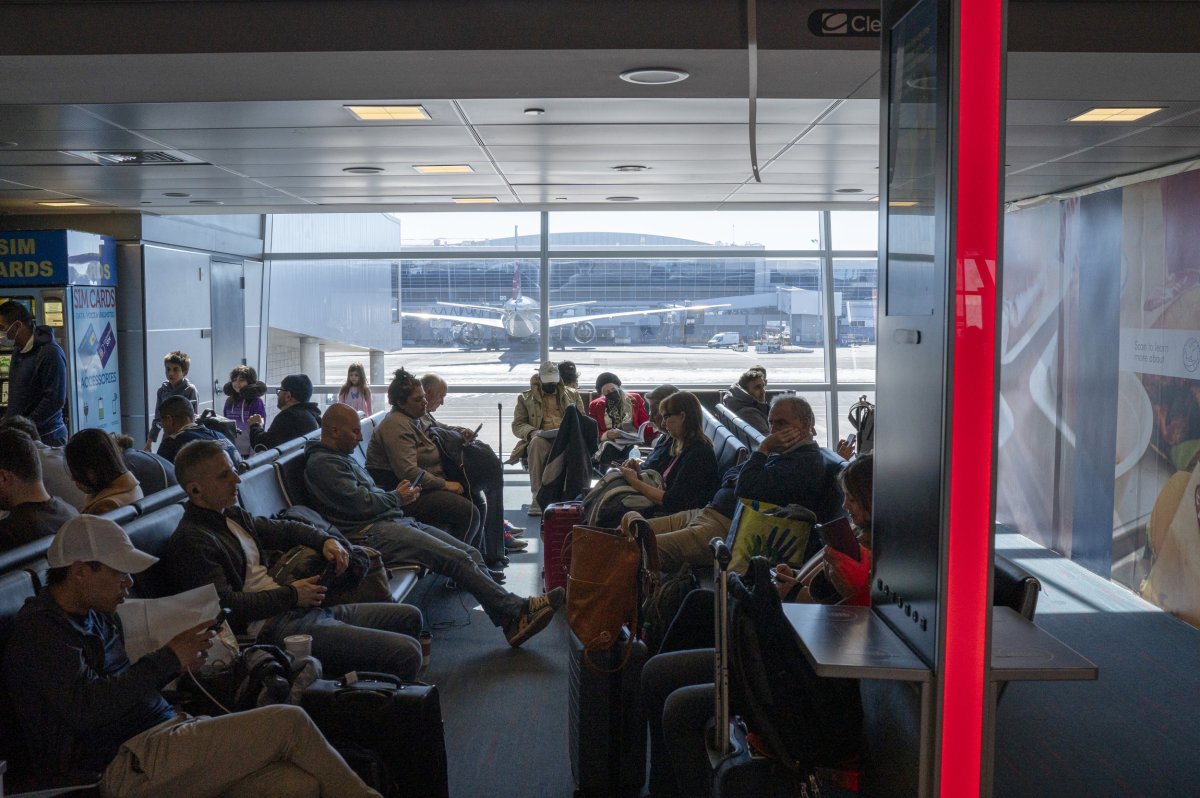Top 10 Countries Where Americans Want to Become Expats
3 min readLess than two percent of Americans live abroad, but more and more of their countrymen are considering joining them and moving out of the United States, a new survey shows.
Roughly four in 10 Americans have considered or are actively planning to move abroad, according to a Harris poll released Tuesday. More than half of Americans, 52 percent, said they believed they would have a higher quality of life living abroad than in the U.S. Respondents most frequently cited cost of living, political leadership and a desire for a higher quality of life as reasons for wanting to leave.
The trend has been largely fueled by growing interest among Millennials and Gen Z, of whom 52 percent and 64 percent, respectively, told pollsters they were considering moving out of the country in the next two years.
Among Americans who were looking to leave the U.S., the most desirable country was Canada, followed by the UK and Australia.
“They all have good health care systems. They have robust economies and they’re English-speaking countries,” Libby Rodney, the Harris Poll’s chief strategy officer, told Newsweek in an interview. “Those things are valuable to Americans when they’re thinking about where move.”

Passengers traveling on an American Airlines flight wait for its departure February 23, 2025 at JFK International Airport in New York City. Roughly four in 10 Americans have considered or planned to move abroad, according to a Harris poll released Tuesday.
Robert Nickelsberg/Getty Images
Across the top three desired regions, cheaper living was the primary motivator for considering a move.
Those who hve thought about packing up for Canada, Mexico or elsewhere in North America listed affordable housing and preferred weather as other major motivating factors. Americans who listed Western Europe as their top destinations listed interest in a new language and culture, as well as accessible transportation, as reasons for wanting to go across the pond. Respondents who picked countries further east, like Australia, said climate, interest in culture and strong public safety as their motivators.
Baby Boomers and Gen X were significantly more likely to express a desire to move within North America, 61 percent and 52 percent, respectively, or to Western Europe, 51 percent and 46 percent, while Gen Z were more willing to move to East Asia, 25 percent, and the Middle East or North Africa, 19 percent.
Two-thirds of Gen Z and Millennials also said they were interested or possess dual citizenship.
“The reason dual citizenship is on the minds of young people is because they’re they’re creating and constantly calculating backup plans,” Rodney said. “It’s like, ‘Well, what if everything doesn’t work out here? What if something happens?'”
She said that while this was a phenomenon observed among young people across the globe due to the instability of the modern world. “it’s interesting to see how hard that hits home in the U.S.”

Tourists crowd Palma de Mallorca’s Arenal beach in the Spanish Balearic island of Mallorca July 25, 2011.
Reuters/Enrique Calvo
The survey reflects a growing belief, particularly among younger Americans, that the so-called American Dream is becoming harder to achieve. Nearly a fifth, 18 percent, say they don’t believe building wealth is achievable in the U.S. The same percentage also said they don’t believe they could retire or obtain financial security.
“It’s interesting to think about how many people daydream or think that their life would be happier if they moved abroad, that the grass is greener,” Rodney said. “But it also correlates with the rise of world talk and just breaking through the American algorithm. There’s other ways of living out there that are really meaningful and could be a different path of prosperity that’s not practiced in this country.”
Here are the top 10 countries Americans want to move to, according to the Harris survey:
- Canada
- United Kingdom
- Australia
- France
- Italy
- Japan
- Mexico
- Spain
- Germany
- New Zealand
The poll, which was conducted between February 13 and 16, surveyed 2,131 U.S. adults. Broken down by generational cohort, the respondents included 304 Zoomers, 576 Millennials, 665 Gen Xers and 586 Boomers.



